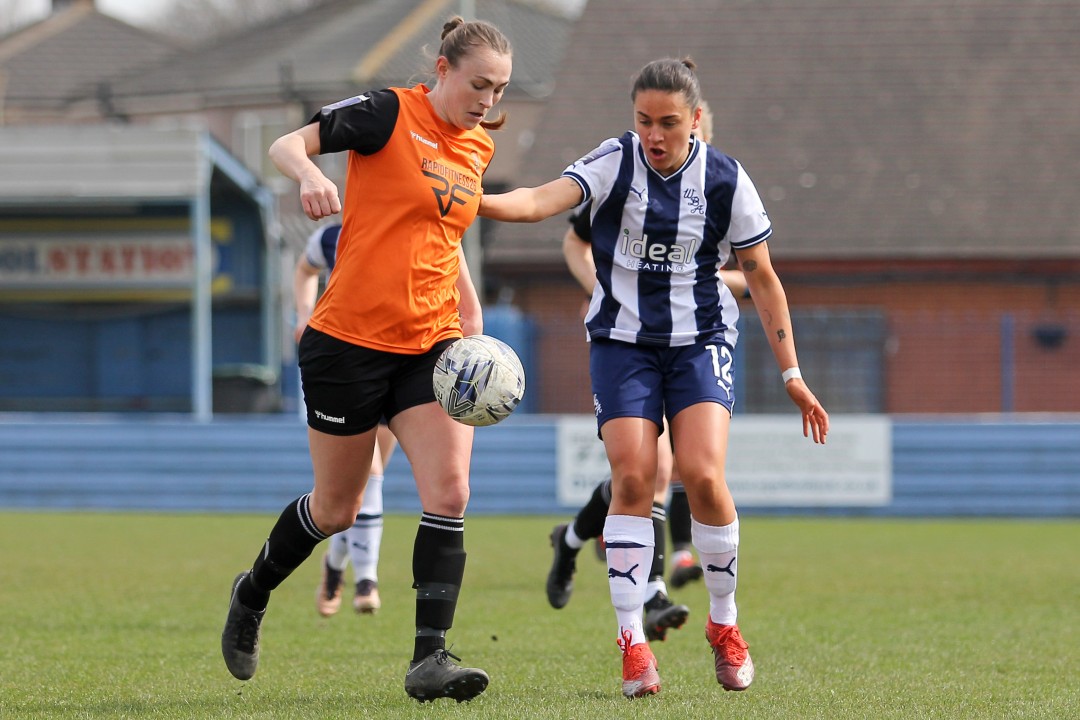Women’s football has evolved significantly over the years, transforming from a marginalized sport into a powerful movement that challenges societal norms and inspires millions. As women athletes break barriers and shatter stereotypes, they are reshaping the landscape of football and redefining what it means to be a female athlete. This article explores the journey of women’s football, the challenges faced, and the triumphs achieved in the quest for equality.
The Early Days of Women’s Football
The roots of women’s football can be traced back to the late 19th century when women began playing football in various countries, often in informal settings. Despite their passion and skill, these early players faced significant opposition and societal disapproval. In the UK, for instance, the FA banned women’s football from its grounds in 1921, citing concerns about the sport’s suitability for women. This ban stifled the growth of women’s football for decades, relegating it to the shadows.
The Rise of Women’s Football
The 1970s marked a turning point for women’s football as increased interest and activism led to the formation of official leagues and tournaments. The inaugural Women’s World Cup took place in 1991, showcasing the talent and potential of female players on a global stage. This event catalyzed the development of women’s football, leading to greater visibility, funding, and support.
Overcoming Challenges
Despite significant progress, women’s football continues to face numerous challenges. Disparities in funding, media coverage, and societal attitudes persist, making it difficult for female players to achieve the same recognition as their male counterparts. Many women’s leagues still struggle for visibility and sponsorship, leading to financial instability for clubs and players.
Media Representation
Media representation plays a crucial role in shaping public perception of women’s football. Historically, women’s matches received minimal coverage, resulting in a lack of awareness and interest. However, in recent years, there has been a notable increase in media attention, particularly during major tournaments like the FIFA Women’s World Cup. Increased visibility helps challenge stereotypes and fosters a more inclusive environment for women in sports.
Breaking Stereotypes
Women’s football is not just about sport; it is a platform for challenging gender stereotypes and promoting equality. Female athletes are proving that they can excel in traditionally male-dominated arenas, from athletic performance to coaching and leadership roles. This shift is crucial in changing societal perceptions about women’s capabilities and potential.
Inspiring Future Generations
The success of women’s football players serves as an inspiration for future generations. Young girls are now more likely to see role models who look like them, encouraging them to pursue their passion for sports. Programs promoting youth involvement in football are essential in cultivating talent and ensuring a brighter future for women in the sport.
The Impact of Major Tournaments
Major tournaments have significantly impacted the growth and popularity of women’s football. The FIFA Women’s World Cup and UEFA Women’s Champions League showcase the best talent and provide a platform for players to shine. These events not only elevate the profile of women’s football but also contribute to changing perceptions among fans and sponsors.
The 2019 FIFA Women’s World Cup
The 2019 FIFA Women’s World Cup was a watershed moment for women’s football, drawing record viewership and attention. The tournament showcased high-quality matches and incredible talent, ultimately leading to increased investment in women’s leagues and programs worldwide. The success of this tournament demonstrated that women’s football could rival men’s football in terms of excitement, competitiveness, and skill.
The Future of Women’s Football
As women’s football continues to gain momentum, the future looks promising. Increased investment from sponsors, growing media coverage, and supportive initiatives are helping to bridge the gap between men’s and women’s football. Organizations are working tirelessly to create equitable opportunities for female athletes, ensuring that they receive the recognition they deserve.
A Call to Action
To sustain this momentum, it is essential for fans, clubs, and organizations to support women’s football actively. Encouraging young girls to participate, promoting female role models, and advocating for equitable funding and resources are critical steps in this ongoing journey.
Women’s football is more than just a sport; it represents a powerful movement breaking barriers and challenging stereotypes. As female athletes continue to excel and inspire, they pave the way for future generations, creating a more inclusive and equitable world of football. The journey is far from over, but the strides made so far promise a bright future for women in the beautiful game.
